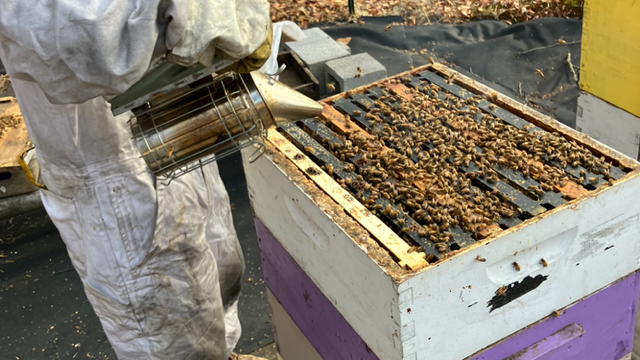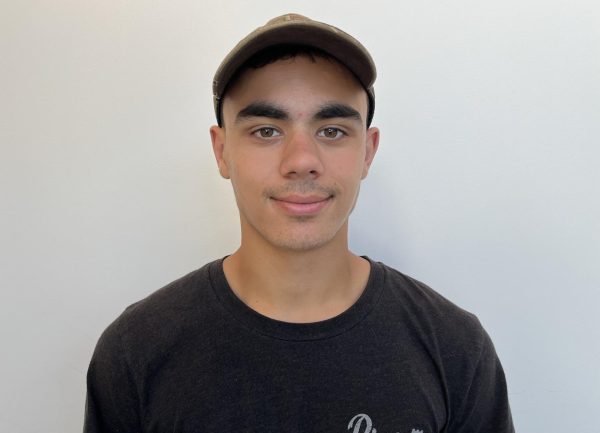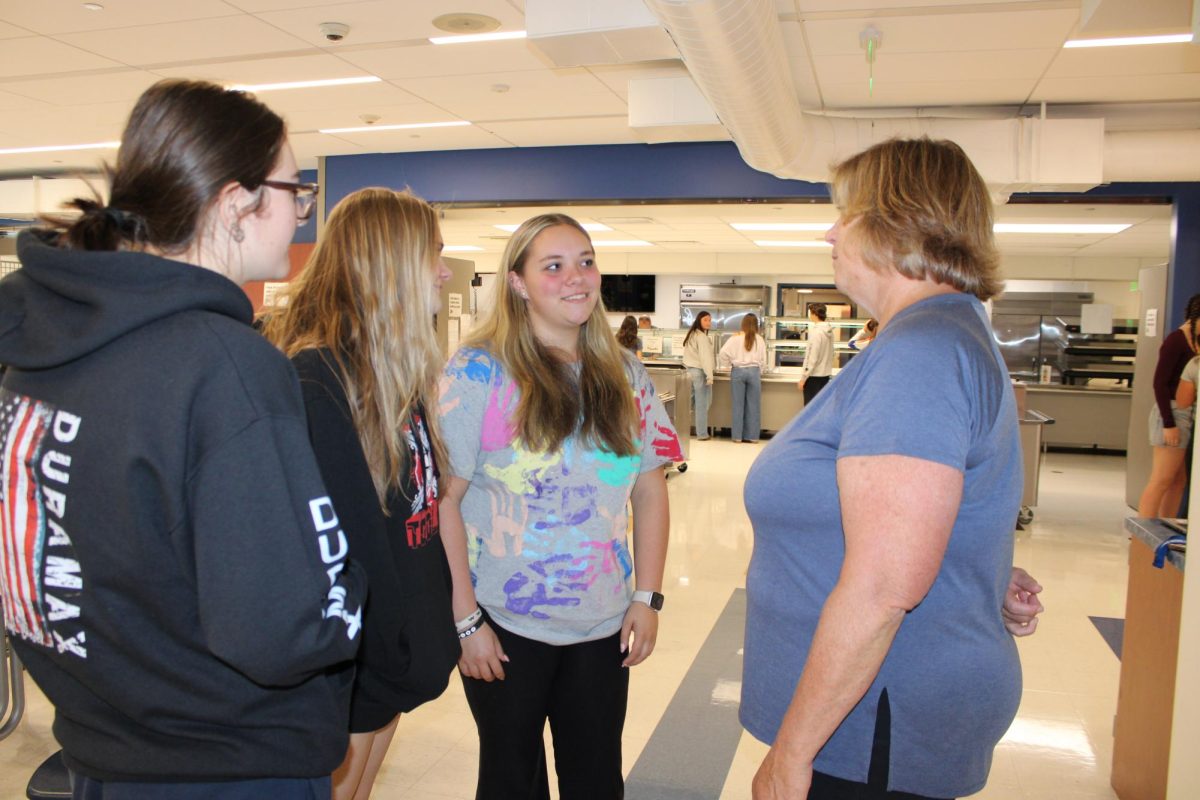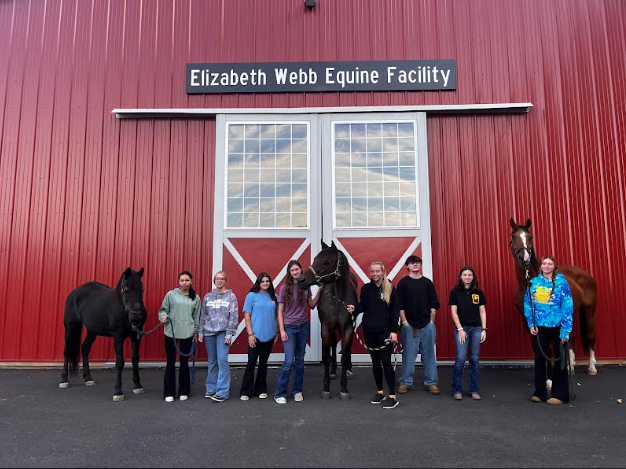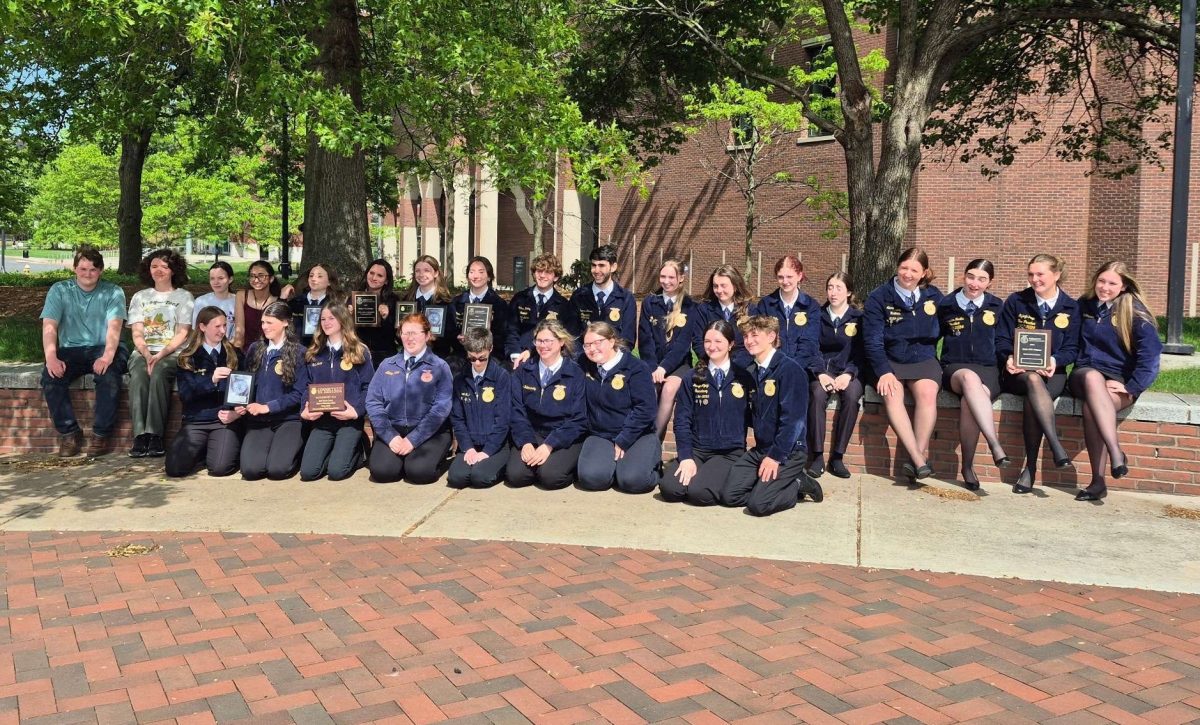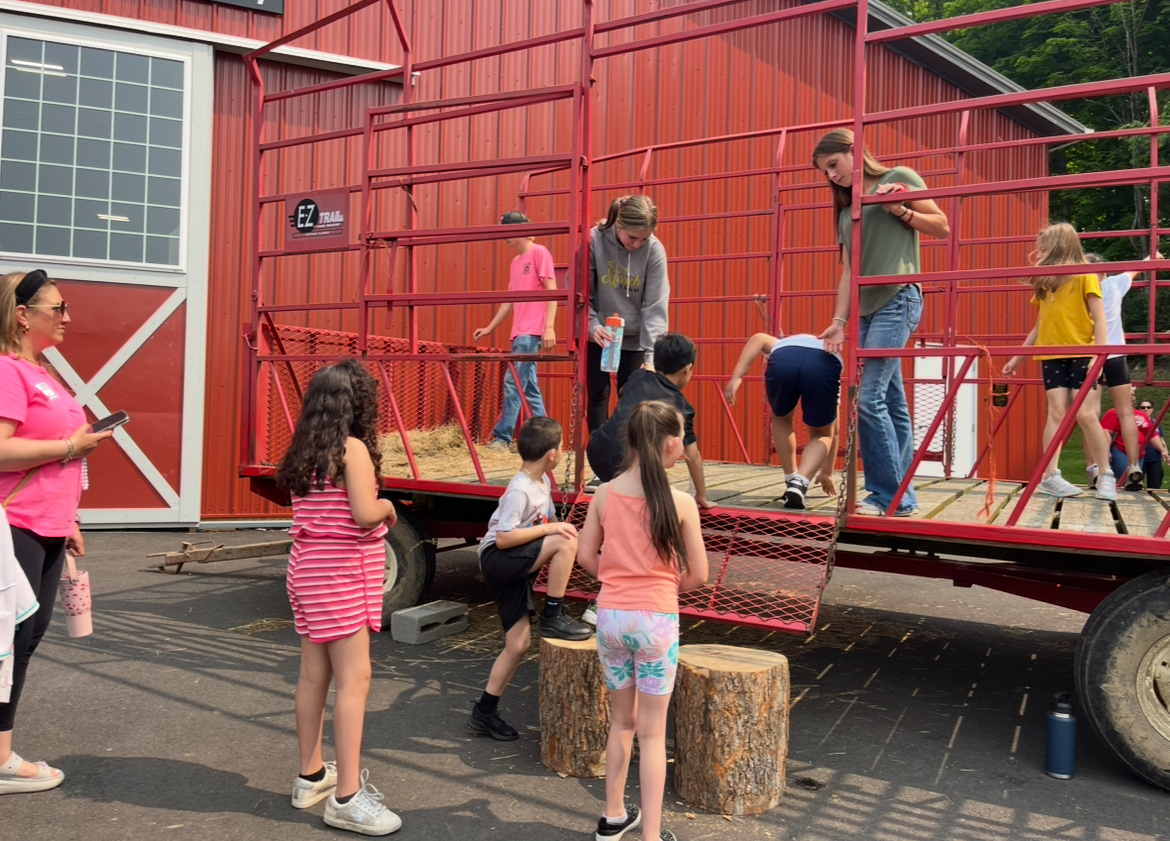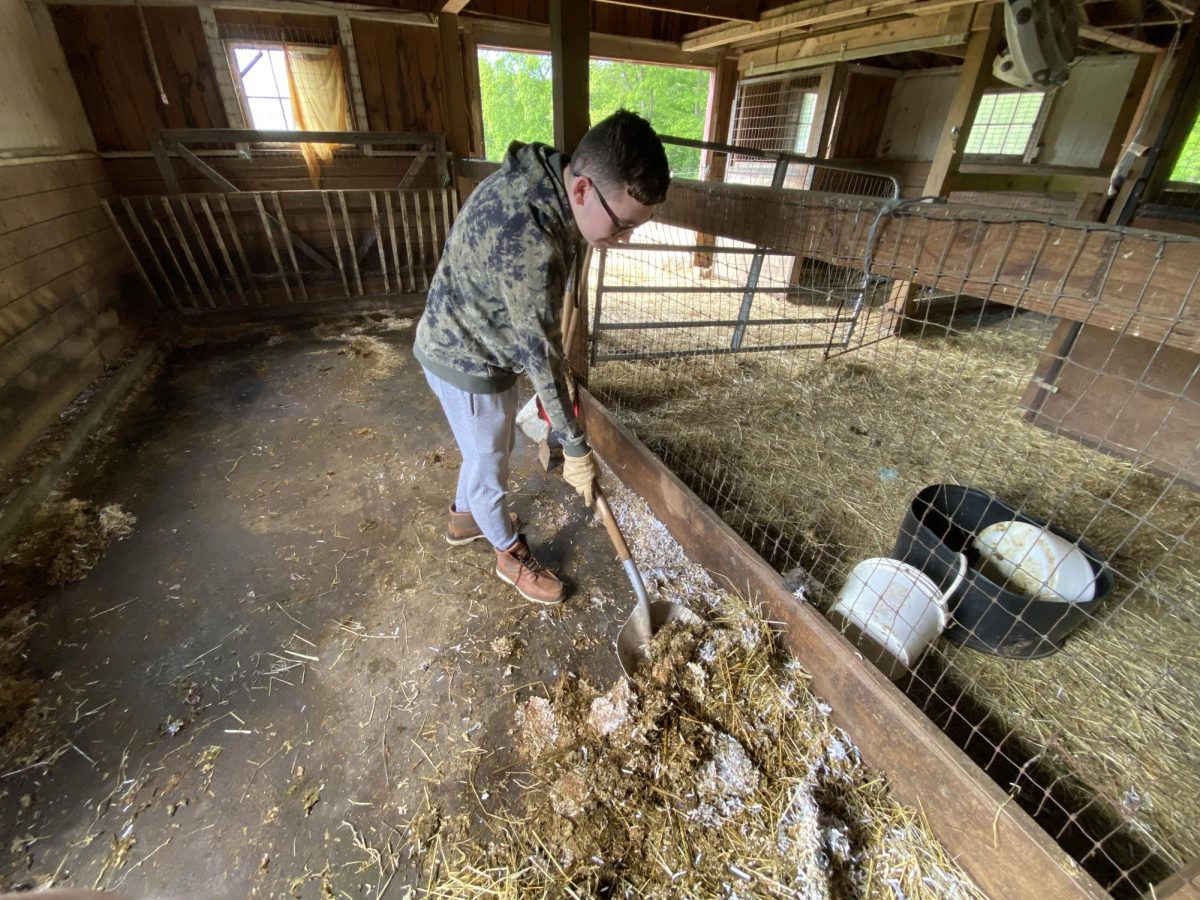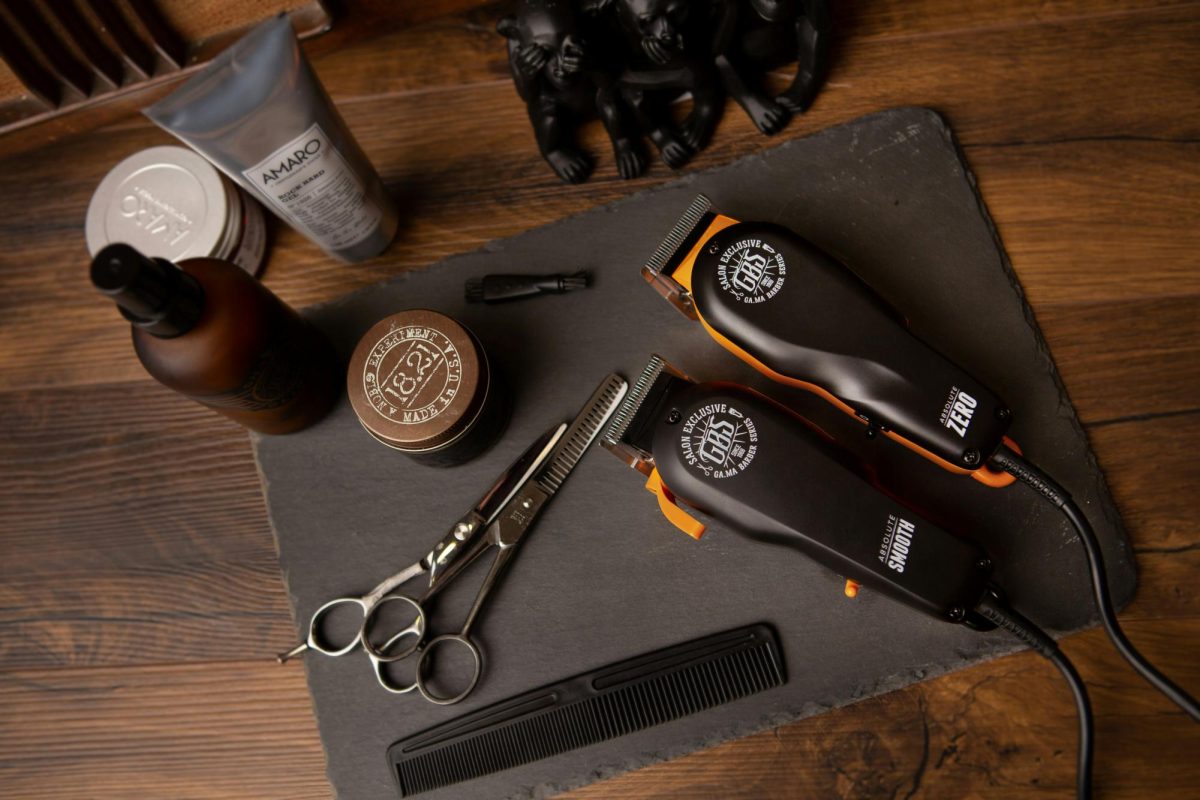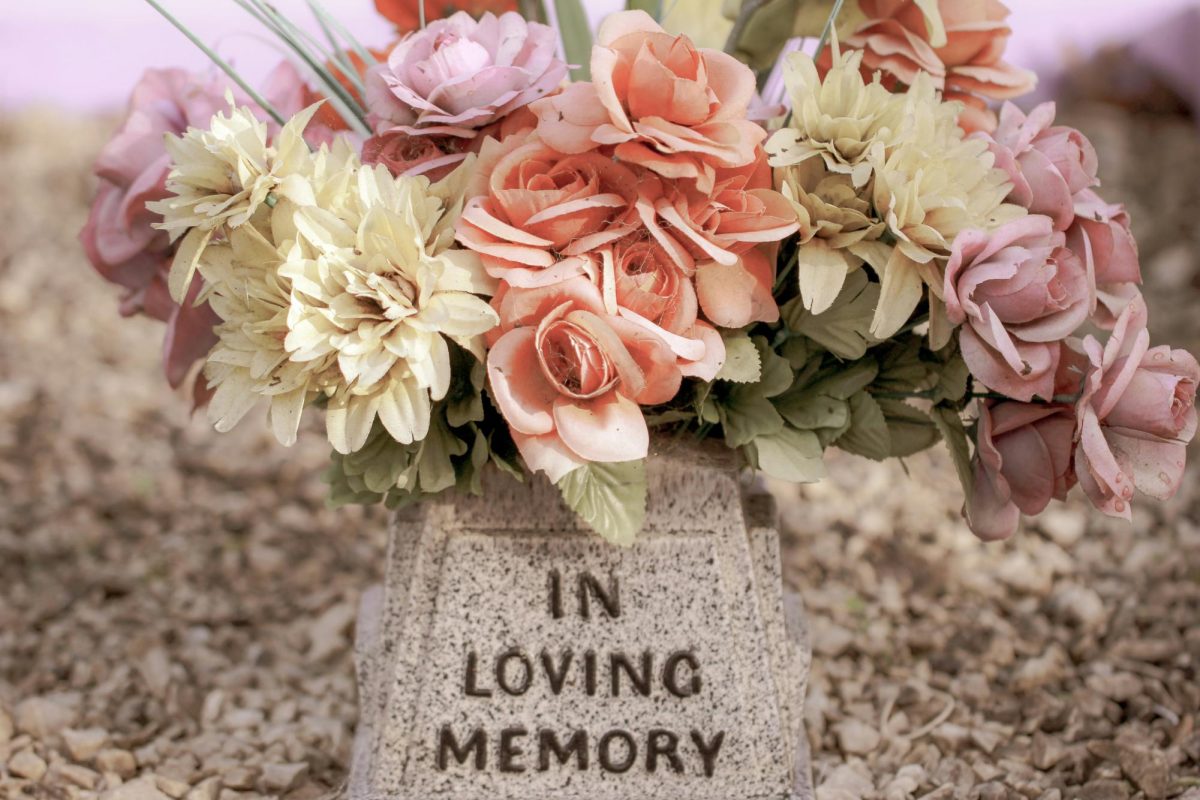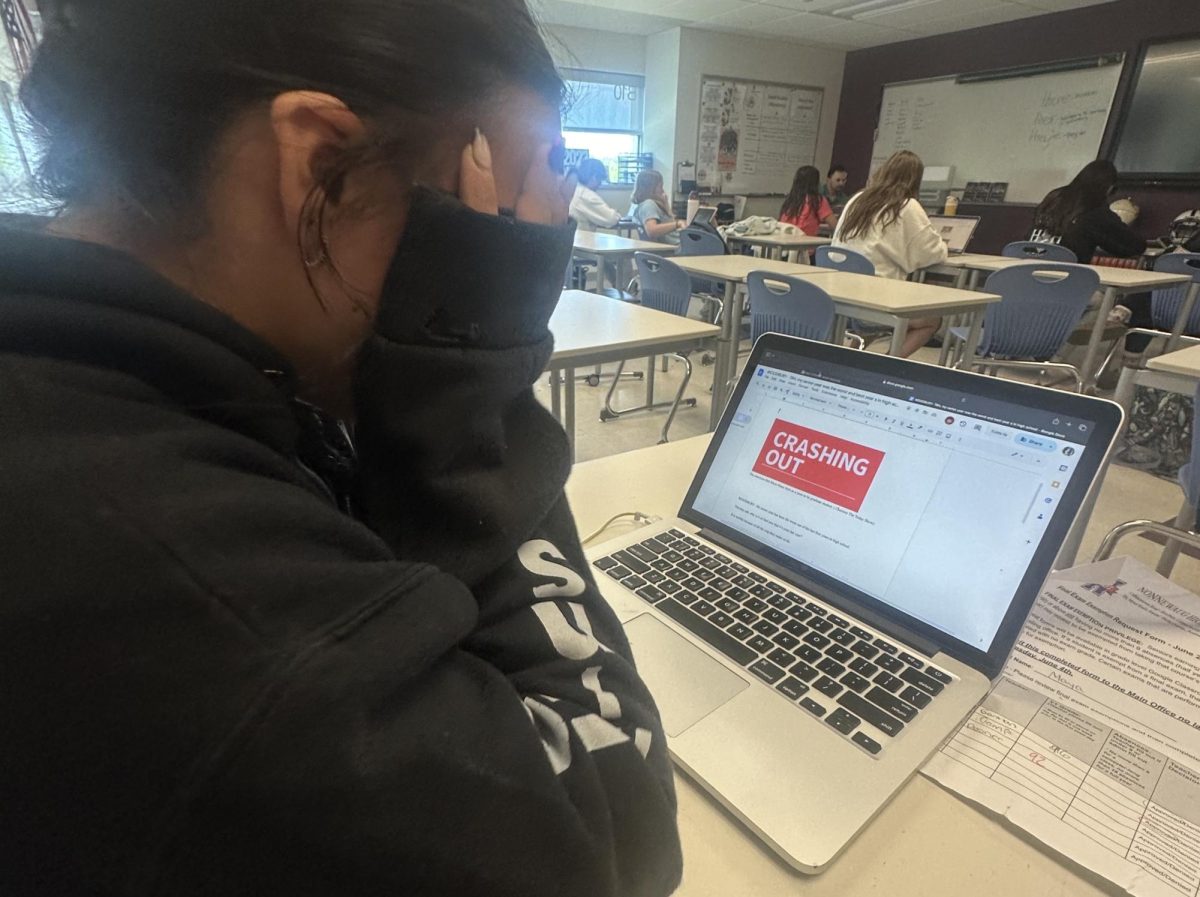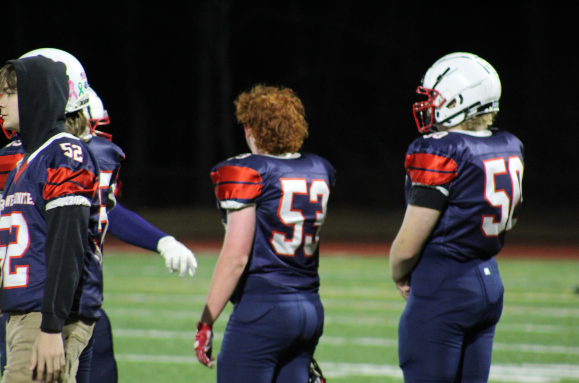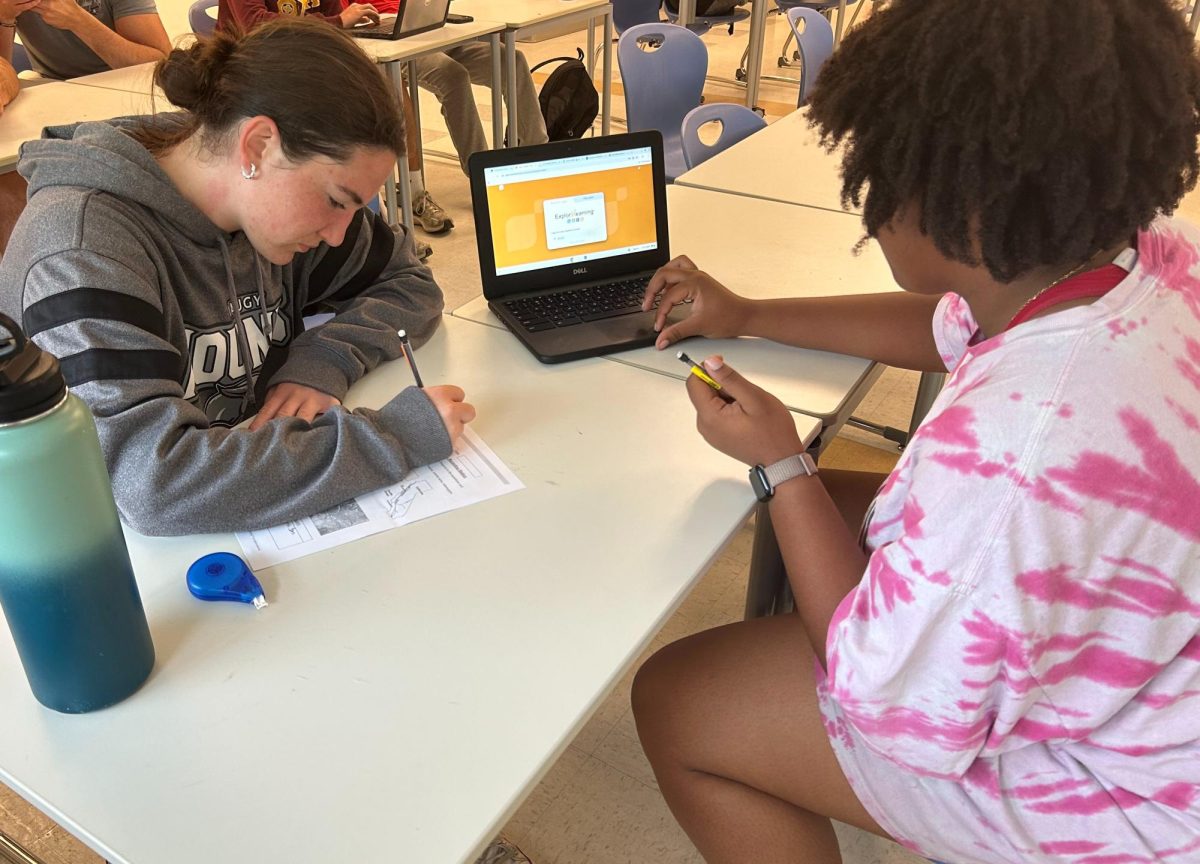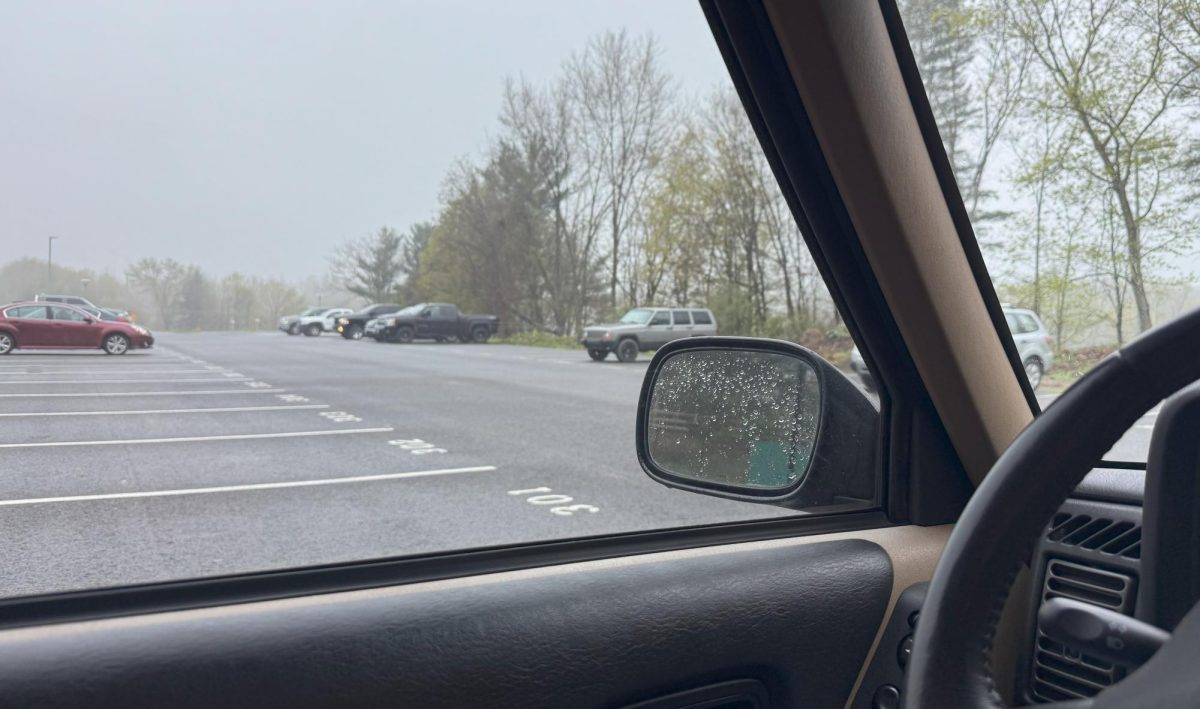WATERTOWN — As a student in beekeeping working for The Humble Bee Honey Company, I adore the warm weather.
As I move into the working season, I am excited to open up the hives with the vibrant sun pouring into nectar rich frames.
Without the slush from a dark depressing winter, the spring brings out why I cherish my work. I believe beekeeping is the best SAE (Supervised Agricultural Experience) I have seen, and I’m surprised more people don’t indulge in it.
Talking to students across the agricultural program at Nonnewaug, I always ask, “What do you do for an SAE?”
Not surprisingly, I get repetitive answers. Some make hay, and others milk cows, but I have yet to find another beekeeper.
At first, beekeeping was not something I had been familiar with. My idea of keeping bees before I started taking care of them myself went something like this:
Oh, that’s cute, but I don’t think I would be able to do that.
Indeed, I was wrong. Being presented with the opportunity, I hopped on and started to learn the trade.
Fascinated with the science behind the bees, I was driven to read deeper into the culture.
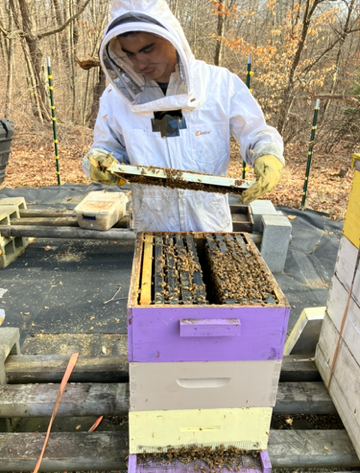
My boss, Catherine Wolko, was kind enough to provide me with literature we use at presentations for garden clubs along with books such as The First Lessons in Beekeeping and excerpts from The Hive and The Honey Bee.
Although I am far from a master at the craft, with such knowledge I was able to work my way up from identifying eggs, larvae, and brood to understanding varroa mite management and the brood cycle of a honey bee.
The experience and knowledge I have gained from this SAE is not only fascinating but isn’t the normal SAE.
“Most of the kids I know have their SAE at a production farm. Whether it’s equine, beef, dairy, or hay, it’s all the same,” said Mason Pieger, a senior in aquaculture. “Devon is the only student I know that does beekeeping and it is a rare SAE to see.”
As of right now, I am the only student with a beekeeping SAE at Nonnewaug. The natural resources program in the agriscience department of Nonnewaug is working on an apiary program.
“We are hoping to encourage more students to take up beekeeping or work for beekeepers by running this part of the natural resources program,” said Sage Samuelson, a senior in the natural resources course. “Hopefully this spring we will have healthy hives so students like myself can see a good representation of what working with bees is like.”
Beekeeping is a scientific process of trial and error, and the program is going to witness a learning curve.
I wish them the best as I try to encourage more students as well as adults into the beekeeping community, but I always have to mention that beekeeping is always a learning curve where change is bound to happen.
Sadly, according to The Honey Bee Suite, 80% of new beekeepers quit after their first two years due to said learning curve.
From the apiaries and various beekeepers I have been able to encounter on my journey, the common theme seems to be that the beekeeper respects the insects more as a pet than a working community.
The bee colony is not a fluffy dog or a purring cat; instead, it’s a collection of insects with a predetermined goal from the day they are born to the day they die.
Your job as the beekeeper is to keep assisting the colony so their collective lifestyle is viable. Only then can portions of their honey become available for your use.
If you are looking at having bees in the future, don’t be afraid to reach out for help from other experienced beekeepers and deep dive into resources such as First Lessons in Beekeeping by Keith S. Delaplane or other online resources published by Dadant.
If you’re looking for help from an experienced beekeeper, look for someone open about their practice who will advocate for their losses and explain what or why they take action to keep a sustainable apiary.
I hope to uplift any readers, but my biggest takeaway is that honey is a product that can only be harvested from a healthy hive at specific times, and a sustainable apiary does not happen overnight.
It takes years of trial and error, and a little bit of money just to produce a sustainable apiary.
The best advice I have received? Brush off the mistakes you’ve made, produce a plan, and start again.
This is the opinion of Chief Advocate senior editor Devon Zapatka, a senior at Nonnewaug who works as a beekeeper.



